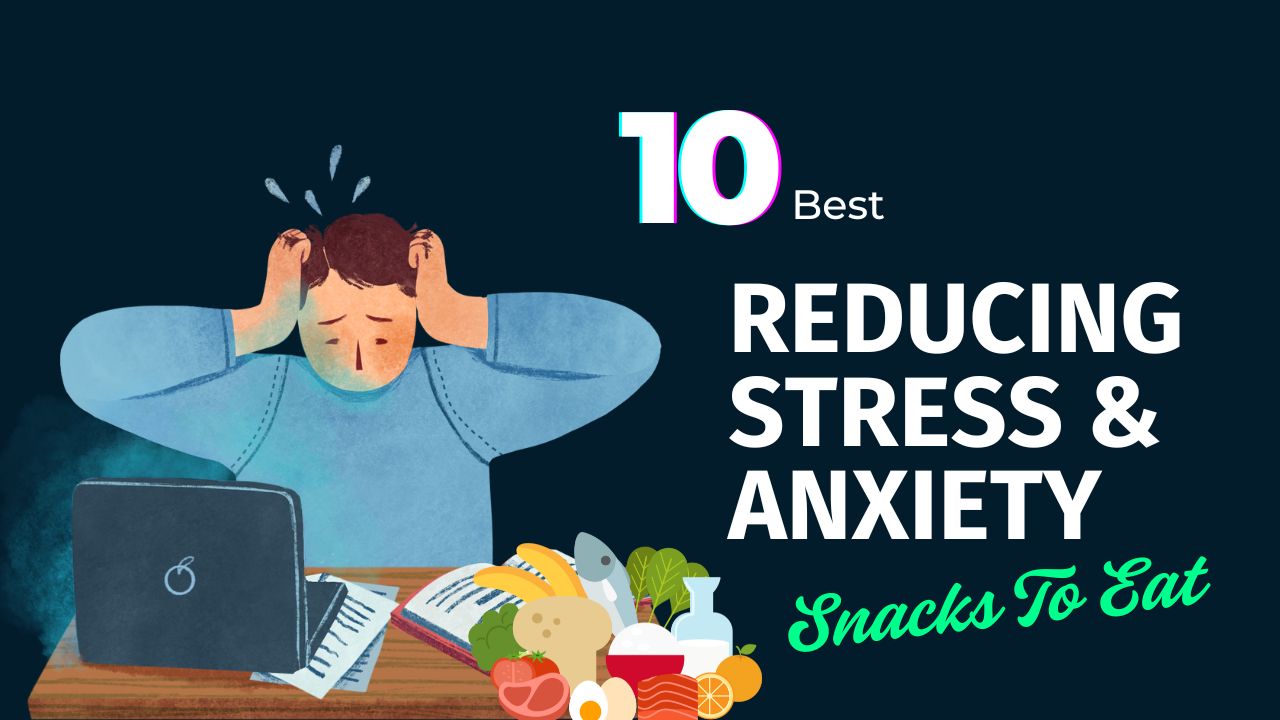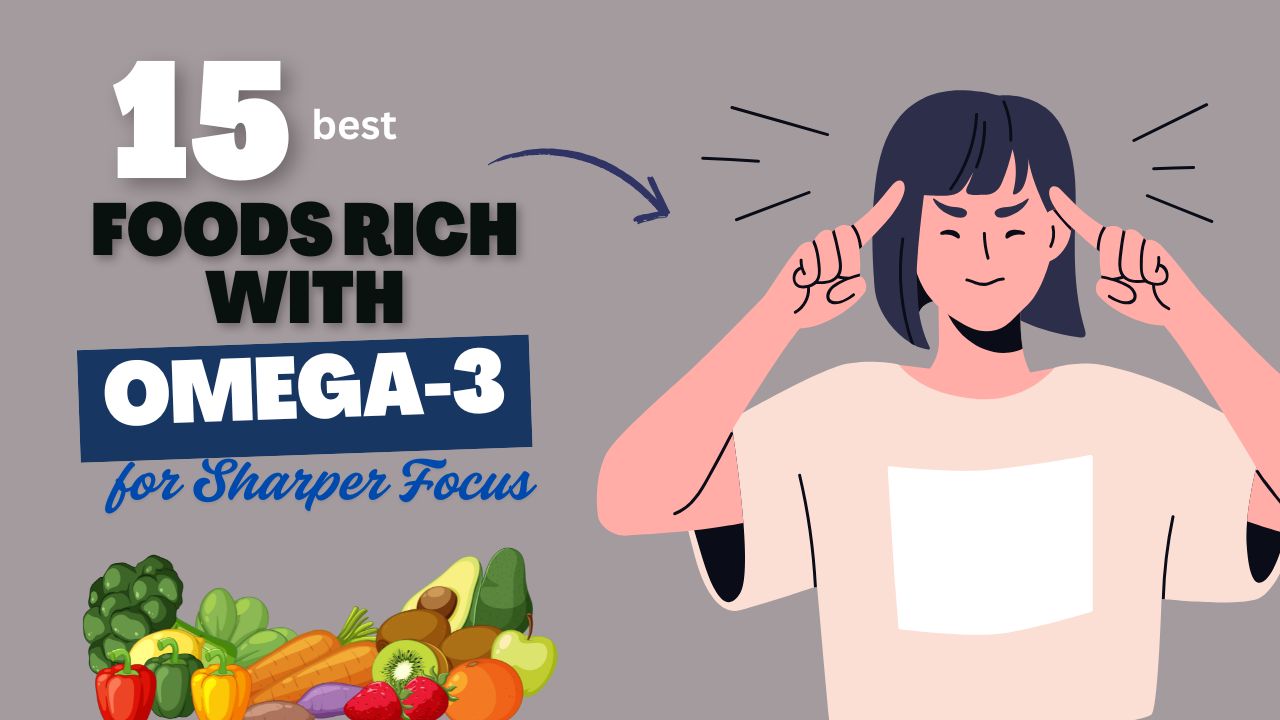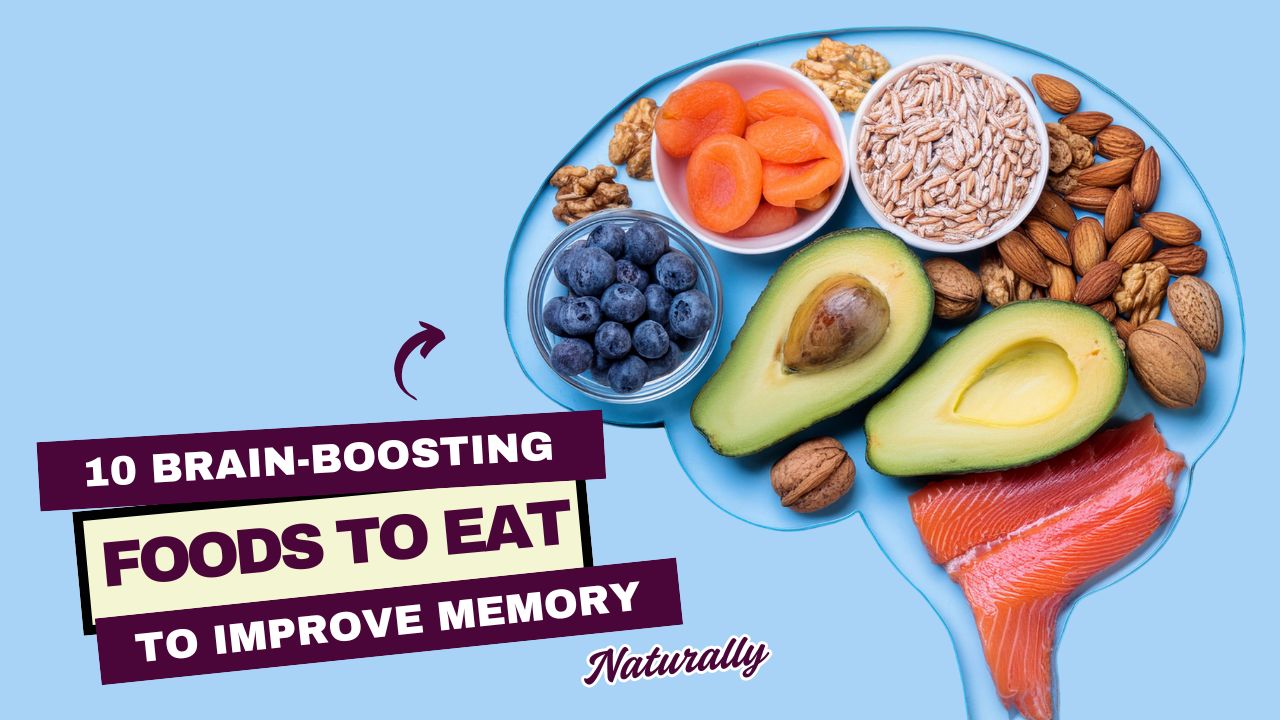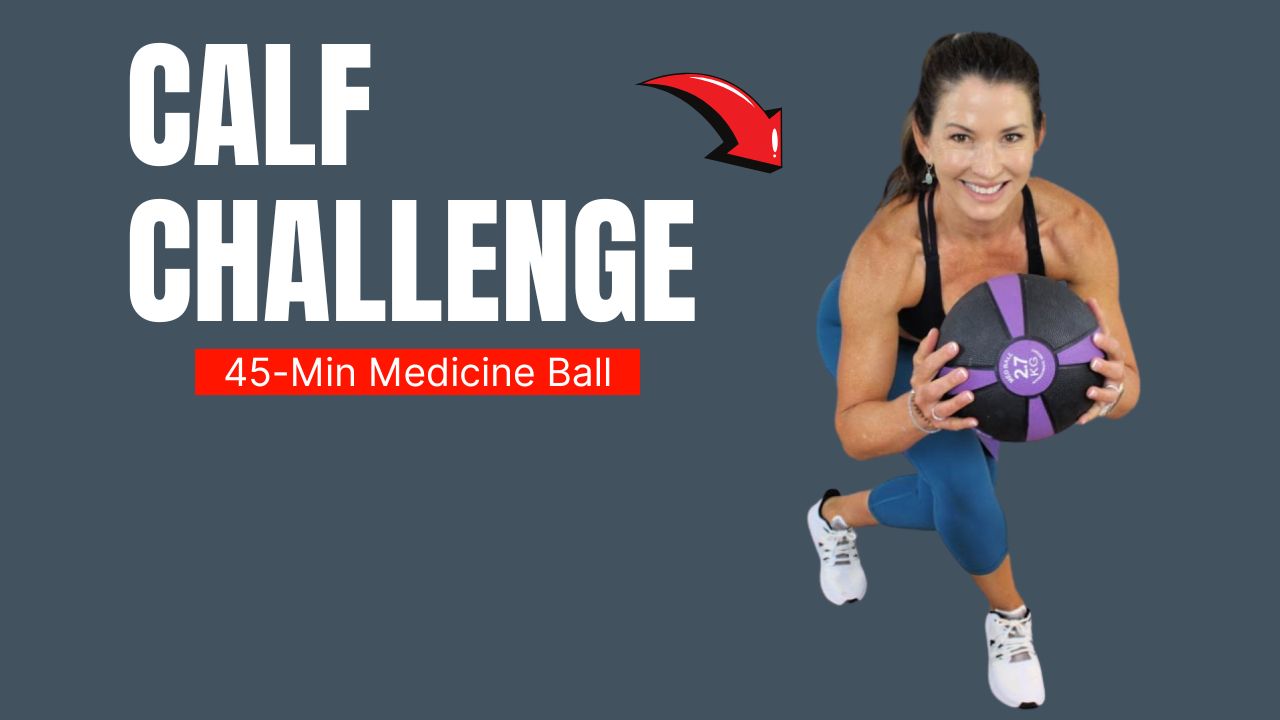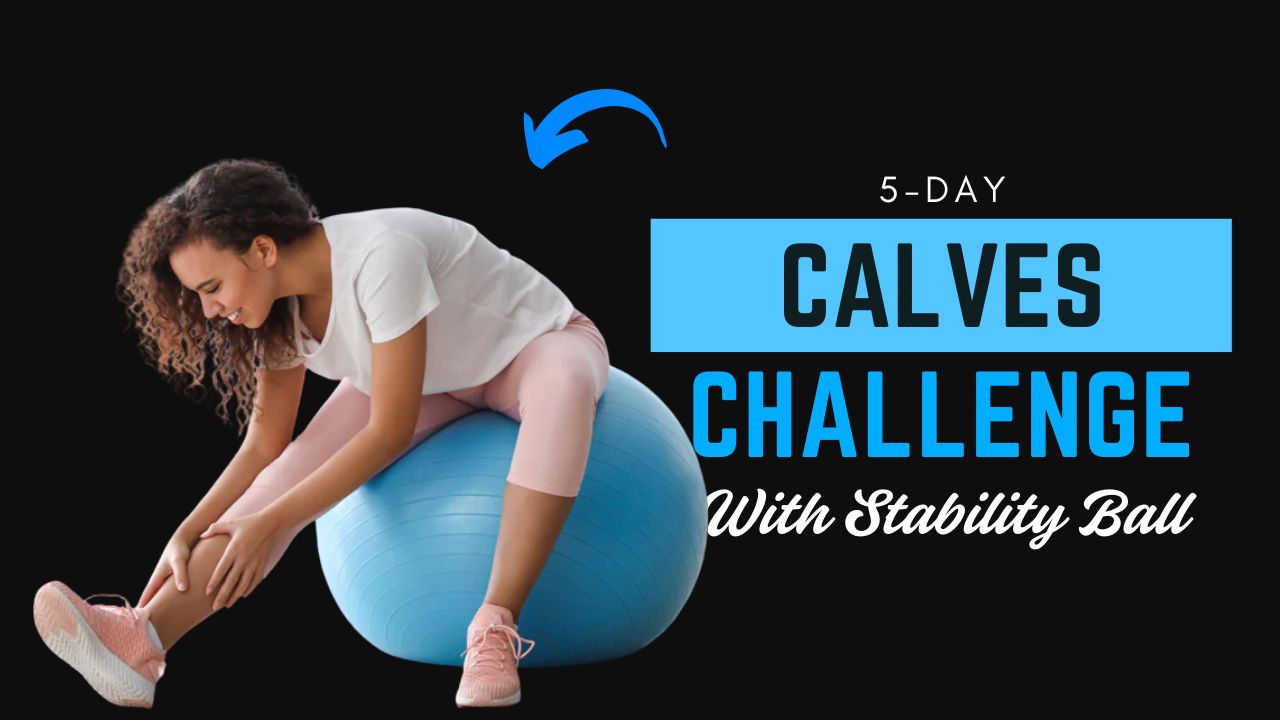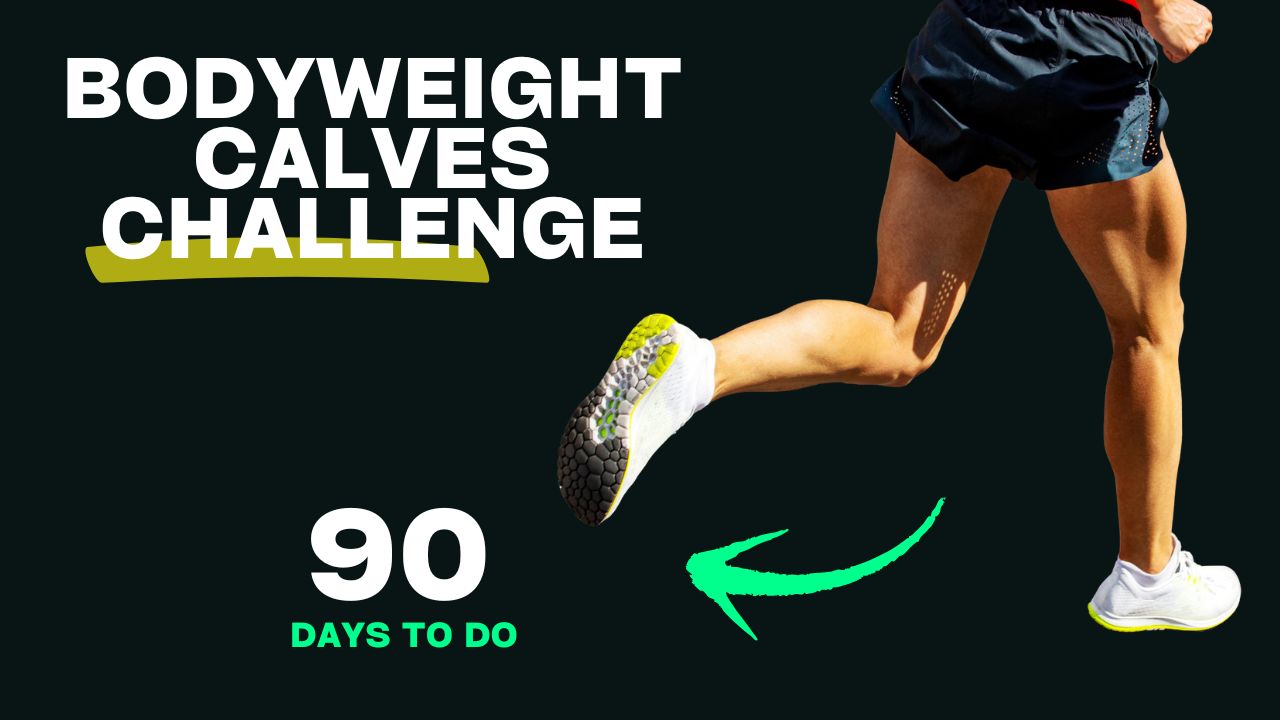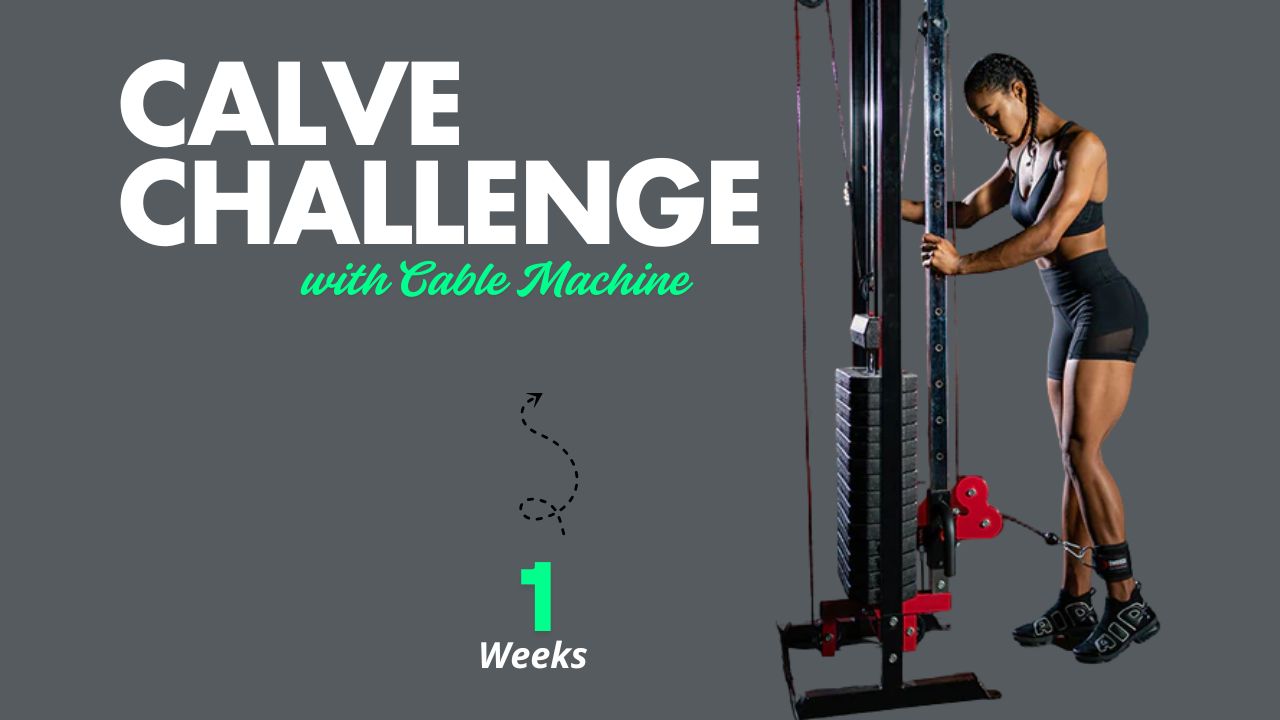Did you know that while there are no muscles inside the breasts, the surrounding muscles—particularly the pectorals, shoulders, and upper back—play a key role in how lifted, firm, and perky your bust appears?
Contrary to popular belief, breast sagging isn’t just about age or genetics. Posture, lifestyle habits, and the strength of your upper body muscles directly influence how your breasts sit and look.
And here’s the good news—you don’t need surgery to lift and tone your bust. With the right targeted chest exercises, you can naturally sculpt your upper body to enhance the appearance of lifted, firmer breasts.
This guide brings you 16 powerful breast lift exercises—each chosen for its ability to strengthen, tone, and lift the muscles around your chest.
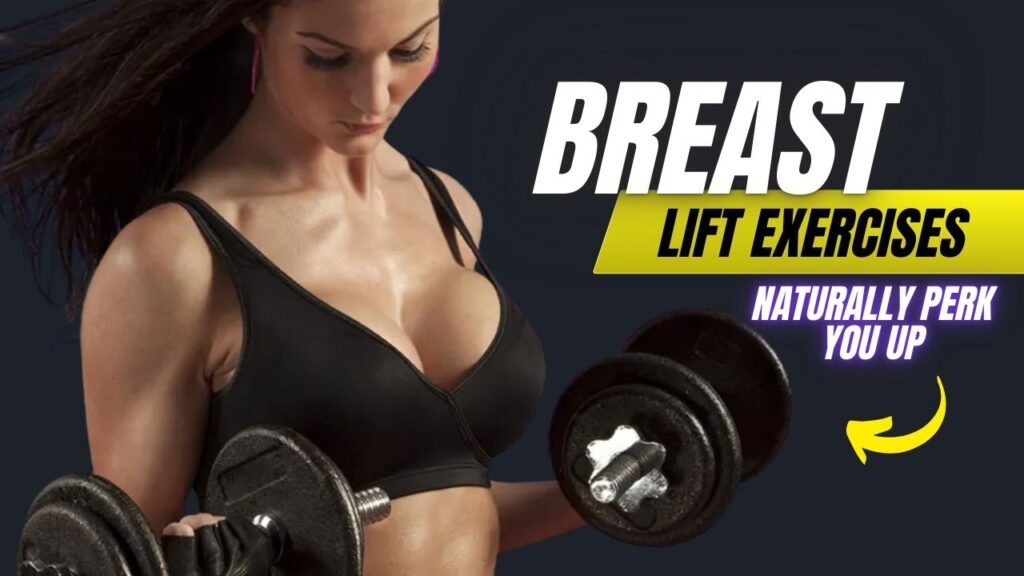
Table of Contents
Why Exercise Matters for Breast Lift
The breasts sit on top of the pectoralis major and minor muscles. While you can’t directly “lift” breasts through exercise (since they are primarily made of fat and glandular tissue), building the chest muscles can create a natural lifting effect, improve posture, and prevent further drooping.
Additionally, toning the shoulders, upper arms, and upper back enhances the overall lift and structure of the chest.
What Can Happen After 30 Days of Breast Lift Exercises
| Change/Benefit | What to Expect |
|---|---|
| Improved Posture | Strengthened upper back and shoulders help you stand taller and look more lifted. |
| Firmer Chest Appearance | Pectoral muscles become more toned, creating a subtly lifted look. |
| Increased Muscle Tone | Upper body (chest, arms, shoulders) becomes more defined and leaner. |
| Better Bust Support | Stronger muscles underneath the breasts offer improved natural support. |
| Reduced Breast Sagging (Appearance) | Breasts may appear more elevated due to improved posture and muscle tone. |
| Greater Confidence in Upper Body Clothing | Improved shape and lift help clothes fit and flatter better. |
| Improved Workout Stamina | Endurance and strength improve, making upper body exercises easier. |
| Less Shoulder or Neck Discomfort | Strengthening key muscles eases tension caused by poor posture or heavy breasts. |
| Higher Energy and Motivation | Regular movement boosts mood and encourages ongoing fitness habits. |
| Visible Body Composition Changes | Mild fat loss and muscle definition may start to show, especially with clean eating. |
Do’s & Don’ts for Breast Lift Exercises
| Do | Don’t |
|---|---|
| Focus on proper form over speed | Don’t rush through reps just to finish quickly |
| Include both chest and back exercises | Don’t train only your chest and neglect posture muscles |
| Use controlled, slow movements to activate muscles fully | Don’t rely on momentum to move weights |
| Gradually increase resistance or reps over time | Don’t start with heavy weights if you’re a beginner |
| Warm up before workouts and stretch after | Don’t skip warm-up—it increases risk of injury |
| Perform exercises 2–4 times per week with rest days | Don’t overtrain the same muscle group daily |
| Maintain a straight spine and open chest posture throughout | Don’t slouch while doing upper body workouts |
| Combine strength training with a balanced diet | Don’t expect exercise alone to transform breast shape overnight |
| Wear a supportive sports bra during workouts | Don’t do high-impact exercises without proper breast support |
| Track progress and adjust your plan as you improve | Don’t stick to the same routine for months without progression |
16 Best Breast Lift Exercises
1. Push-Ups (Classic)
How to Do:
- Start in a high plank position.
- Lower your body until your chest nearly touches the floor.
- Press back up using your chest and triceps.
Benefit: Builds the chest, triceps, and shoulders for natural lift and tightness.
Tip: Keep your elbows at a 45-degree angle for maximum pec engagement.
2. Incline Push-Ups
How to Do:
- Place your hands on a sturdy surface like a bench.
- Perform push-ups at an angle to target the lower pecs more.
Benefit: Especially effective in targeting the lower part of the chest, supporting a lifting effect.
3. Wall Push-Ups
Perfect for Beginners
How to Do:
- Stand facing a wall and place your palms shoulder-width apart.
- Lean in slowly, then push back.
Benefit: Low-impact, easy way to strengthen your chest if you’re starting out or returning from injury.
4. Chest Press (Dumbbell or Barbell)
How to Do:
- Lie on a bench.
- With dumbbells or a barbell in hand, press the weight up and lower it slowly.
Benefit: Directly targets the pectoral muscles, promoting firmness and fullness.
5. Chest Fly
How to Do:
- Lie flat with a dumbbell in each hand.
- Open your arms wide, then bring them together above your chest in a hugging motion.
Benefit: Stretches and activates the entire chest area, especially the inner pecs.
6. Dumbbell Pullover
How to Do:
- Lie on a bench holding a dumbbell with both hands.
- Lower it back over your head and return to center.
Benefit: Stretches the chest and builds upper body control.
Interesting Fact: This move also improves ribcage expansion, helping your chest look naturally lifted.
7. Plank to Push-Up
How to Do:
- Start in a forearm plank.
- Push up one hand at a time into a full plank, then return.
Benefit: Combines core and chest strengthening to improve posture and bust support.
8. Cable Chest Fly (or Resistance Band Fly)
How to Do:
- Using cables or resistance bands, perform a fly motion from a standing or seated position.
Benefit: Constant tension provides deeper muscle activation, ideal for reshaping the upper chest.
9. Pike Push-Ups
How to Do:
- Begin in a pike position (hips high, forming an inverted V).
- Lower your head toward the floor and push back up.
Benefit: Emphasizes shoulders and upper chest, supporting the appearance of lifted breasts.
10. Isometric Chest Squeeze
How to Do:
- Press your palms together in front of your chest and squeeze for 10–15 seconds.
Benefit: Quick and equipment-free way to stimulate the chest muscles anywhere, anytime.
11. Superman Pose
How to Do:
- Lie face-down and lift your arms, legs, and chest off the ground simultaneously.
Benefit: Strengthens the upper back, improving posture and giving your bust a more upright appearance.
12. Shoulder Bridge Chest Press
How to Do:
- In a glute bridge position, perform chest presses with dumbbells.
Benefit: Tones both the chest and glutes while engaging core stabilizers.
Myth-Buster: Many believe only surgery can lift sagging breasts—but this move targets two of the most posture-influencing zones: chest and hips.
13. Resistance Band Pull-Apart
How to Do:
- Hold a resistance band at shoulder height and pull it apart by spreading your arms wide.
Benefit: Builds strength across the upper back and shoulders—key for keeping the bust lifted.
14. Upward Facing Dog (Yoga)
How to Do:
- Lie on your belly, place palms beside your chest, and lift your torso while arching your back.
Benefit: Stretches the chest and spine, while encouraging open posture.
15. Bent-Over Reverse Fly
How to Do:
- With dumbbells in hand, hinge at the hips and lift the arms sideways.
Benefit: Targets the rear delts and upper back, which indirectly support chest positioning.
16. Cobra Pose
How to Do:
- Lie on your stomach with hands under shoulders, and lift your upper body off the mat.
Benefit: Strengthens the spinal muscles and opens up the chest, helping with breast projection.
Common Myths About Breast Lifting Through Exercise
| Myth | Truth |
|---|---|
| Exercise can lift breast tissue itself | Exercise lifts the muscles underneath, not the fat tissue |
| You need heavy weights to see changes | Bodyweight and resistance bands can be very effective |
| Only chest exercises matter | Posture and back strength are equally important for lift |
Final Thoughts
Breast firmness is largely influenced by posture, muscular tone, and lifestyle—not just genetics or aging.
By integrating these 16 breast lift exercises into your weekly routine, you’re not just enhancing appearance—you’re investing in long-term postural health, body confidence, and muscle support.
Consistency is key. You won’t see changes overnight, but within weeks of focused effort, you’ll notice not only aesthetic benefits but also improved strength and upper body function.
Whether you’re in your 20s, 40s, or beyond—it’s never too late to start lifting your chest the natural way.
Frequently Asked Questions (FAQs)
Can exercise really lift sagging breasts?
Exercise cannot lift the breast tissue itself (which is made of fat and glands), but it can tone and strengthen the muscles underneath (like the pectorals), which helps improve the overall appearance by lifting the area and improving posture.
How long does it take to see results from breast lift exercises?
Most people begin to see visible improvements in tone and posture within 4–6 weeks of consistent training, especially when combining chest, back, and shoulder exercises 3–4 times a week.
Do I need equipment for these exercises?
Not all of them. Several movements—like push-ups, plank variations, and isometric chest squeezes—can be done without equipment. However, dumbbells or resistance bands can help you progress faster and target muscles more effectively.
Are these exercises suitable for all ages?
Yes. These exercises are adaptable for different fitness levels and age groups. Beginners can start with wall push-ups and isometric squeezes, while advanced users can incorporate weights and resistance.
Will doing these exercises reduce breast size?
Chest-focused exercises may lead to overall fat loss when combined with a calorie deficit, which might reduce breast size slightly. However, the goal of these exercises is to tone and lift, not shrink.
Is it okay to do these exercises every day?
It’s best to train chest and upper body muscles 2–4 times per week, allowing at least one day of rest between sessions for proper muscle recovery and growth.
Can I combine these with other workouts like yoga or Pilates?
Absolutely. Yoga and Pilates are excellent for postural alignment and core strength, which enhance the lifting effect when paired with targeted strength training.
Are these exercises safe after pregnancy or breastfeeding?
In most cases, yes. However, it’s always best to consult with a healthcare provider or physiotherapist, especially postpartum, to ensure you’re ready for upper body workouts.
Do these exercises work for women with larger breasts?
Yes. While results may vary depending on body composition, women with larger breasts can still strengthen the supporting muscles for a more lifted and upright appearance. Stronger upper body muscles also help reduce neck and back pain often associated with larger breasts.

